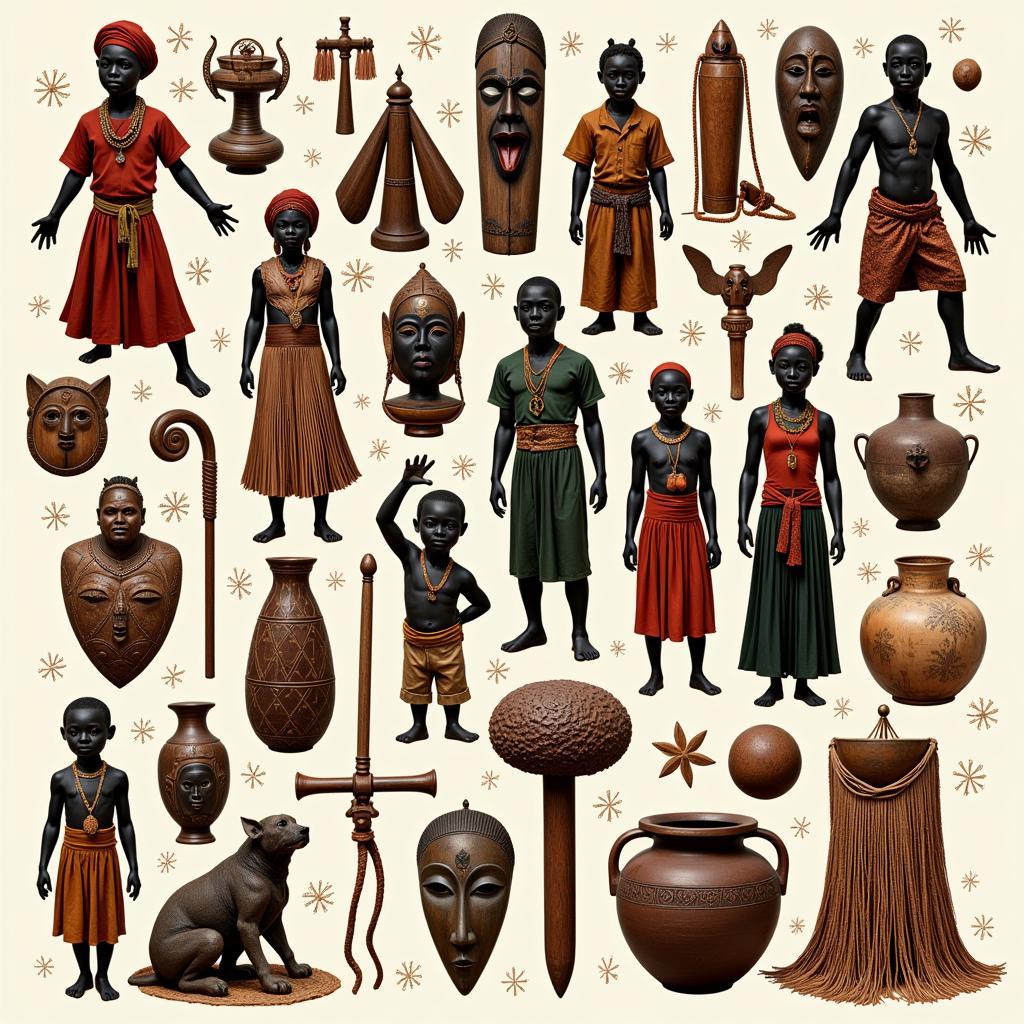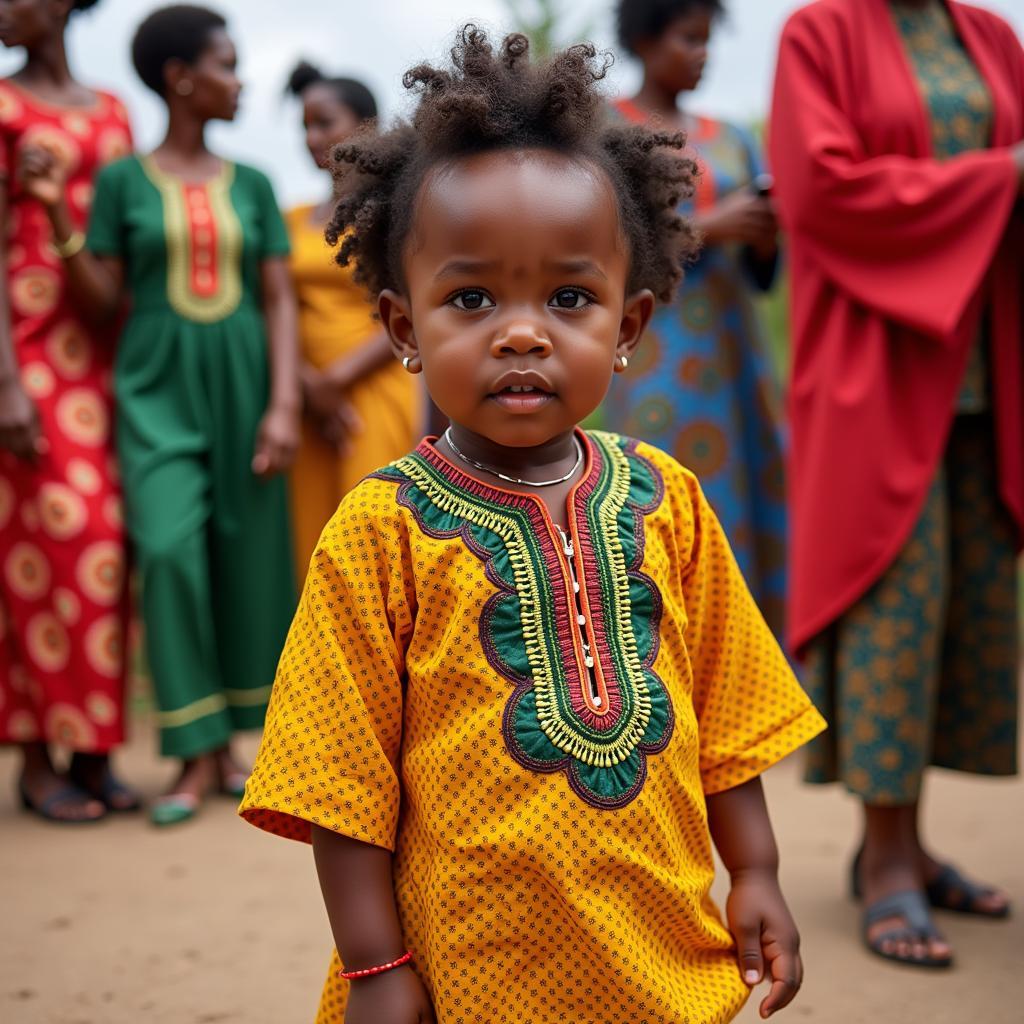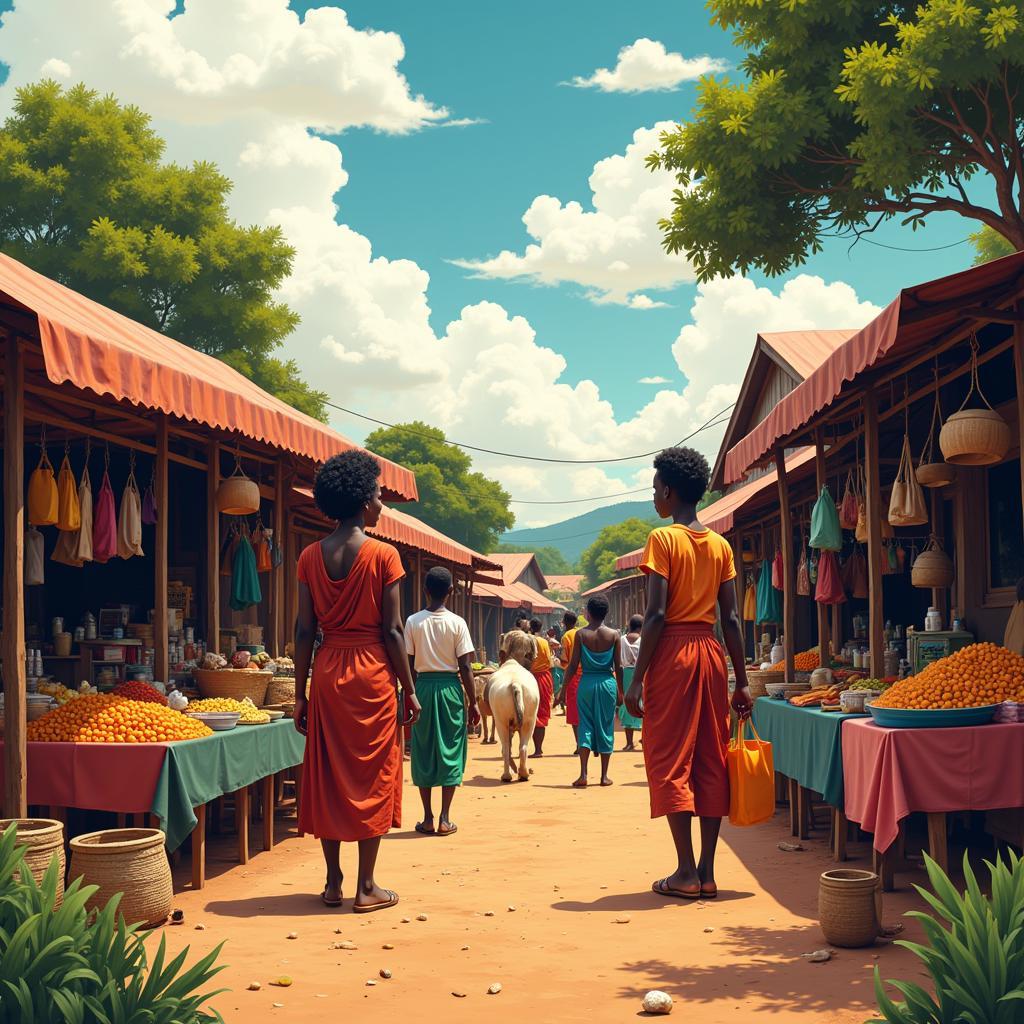Navigating African Affairs: Understanding a Continent’s Complexities
African Affairs, a term encompassing the continent’s diverse political, economic, and social landscapes, often evokes a sense of vastness and complexity. From the bustling metropolises of Lagos and Johannesburg to the serene landscapes of the Serengeti, Africa is a continent brimming with contrasts, challenges, and opportunities.
Delving into the Heart of African Affairs
Understanding African affairs requires delving beyond simplistic narratives and engaging with the continent’s multifaceted realities. It’s about recognizing the impact of historical events, appreciating the vibrancy of its cultures, and acknowledging the dynamism of its people.
Beyond the Headlines: Unveiling the Diversity
One of the biggest misconceptions surrounding African affairs is the tendency to view the continent as a monolith. Africa is home to 54 sovereign nations, each with its unique history, political systems, languages, and cultural practices. To truly grasp the complexities of African affairs, it’s crucial to acknowledge this diversity and avoid generalizations.
History’s Enduring Legacy: Shaping the Present
The legacies of colonialism, slavery, and the Cold War continue to shape African affairs today. These historical forces have left an indelible mark on the continent’s political and economic landscapes, influencing everything from international relations to internal conflicts.
The Rise of African Voices: Shaping the Narrative
In recent years, there has been a growing movement to decolonize the narrative surrounding African affairs. African scholars, activists, and artists are increasingly challenging Western-centric perspectives and offering their own interpretations of the continent’s past, present, and future.
Key Issues Shaping African Affairs
Navigating African affairs requires an understanding of the key issues shaping the continent’s trajectory. From economic development to climate change, these challenges and opportunities are intertwined and demand comprehensive solutions.
Economic Growth and Development: Unlocking Potential
Africa possesses immense economic potential, with vast natural resources and a young, growing population. However, realizing this potential requires addressing issues such as poverty, inequality, and a lack of infrastructure.
Democracy and Governance: The Path to Stability
The pursuit of democratic governance and respect for human rights is paramount to achieving stability and progress in Africa. Many countries are making strides in strengthening democratic institutions, while others continue to grapple with challenges such as corruption and political instability.
Climate Change and Sustainability: A Collective Challenge
As a continent particularly vulnerable to the impacts of climate change, Africa faces urgent environmental challenges. From droughts to floods, these issues threaten livelihoods and ecosystems, demanding sustainable solutions.
 African Community Sustainable Farming
African Community Sustainable Farming
Looking Ahead: A Continent on the Rise
Despite the challenges, there is a palpable sense of optimism and resilience across Africa. With a burgeoning youth population, innovative spirit, and a renewed focus on Pan-Africanism, the continent is poised for transformative growth and development.
Conclusion
African affairs are complex and ever-evolving. By engaging with the continent’s diverse realities, understanding its historical context, and acknowledging the agency of its people, we can gain a more nuanced and accurate perspective. As Africa continues to navigate its path towards a brighter future, engaging with its complexities is not just important but essential for fostering meaningful partnerships and creating a more just and equitable world.
FAQ
What are some common misconceptions about African affairs?
One common misconception is that Africa is a homogenous entity. Another is that poverty and conflict are ubiquitous across the continent. It’s crucial to remember that Africa is a continent of diverse nations, each with its own unique challenges and successes.
How has colonialism impacted African affairs?
Colonialism has had a profound and lasting impact on African affairs, shaping political boundaries, economic systems, and social structures. The legacy of colonialism continues to influence issues such as poverty, inequality, and conflict.
What are some of the biggest challenges facing Africa today?
Some of the biggest challenges include poverty, inequality, climate change, political instability, and access to healthcare and education.
What are some positive developments in African affairs?
Positive developments include economic growth in many countries, increasing access to education and healthcare, and a growing movement towards democracy and good governance.
How can I stay informed about African affairs?
There are numerous reputable news outlets, journals, and organizations dedicated to covering African affairs. It’s important to seek out diverse voices and perspectives to gain a comprehensive understanding.
For further insights into specific aspects of African affairs, explore these articles:
- African American Affairs
- African Amer Affairs Office
- African Girl Names and Meanings
- African Black Aunties
- African British Journals
Do you have any more questions about African affairs? Contact us for assistance. Our team is available 24/7 to provide support. You can reach us via phone at +255768904061, email us at kaka.mag@gmail.com, or visit our office located in Mbarali DC Mawindi, Kangaga, Tanzania.





